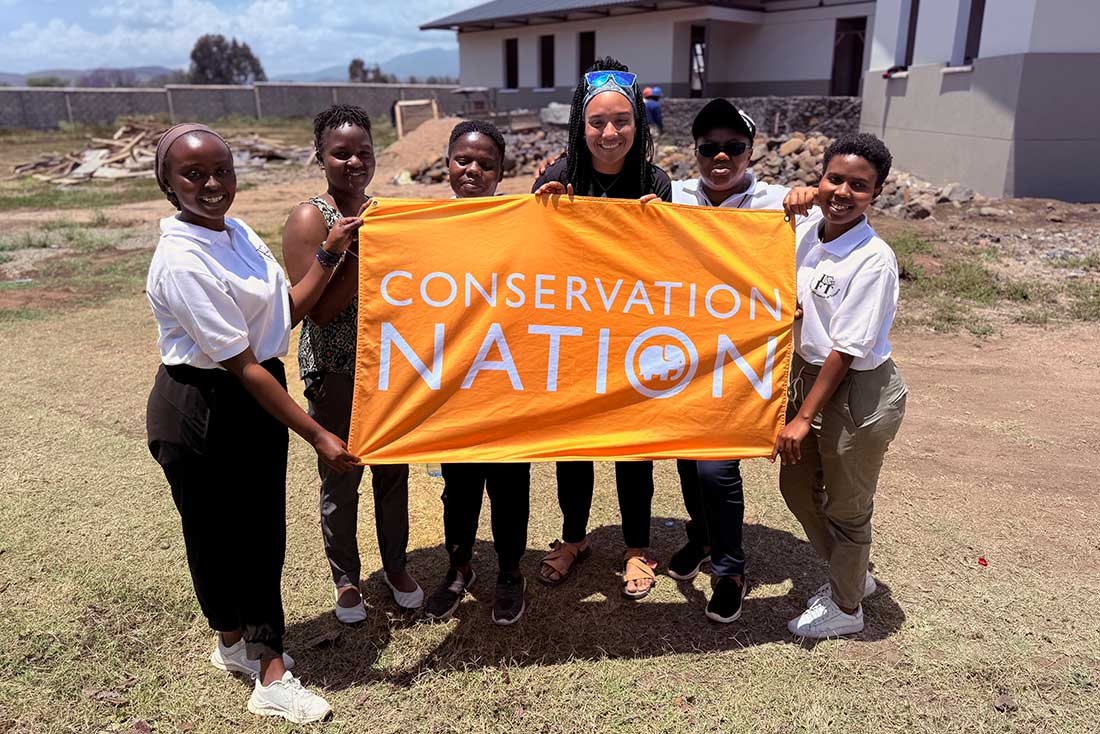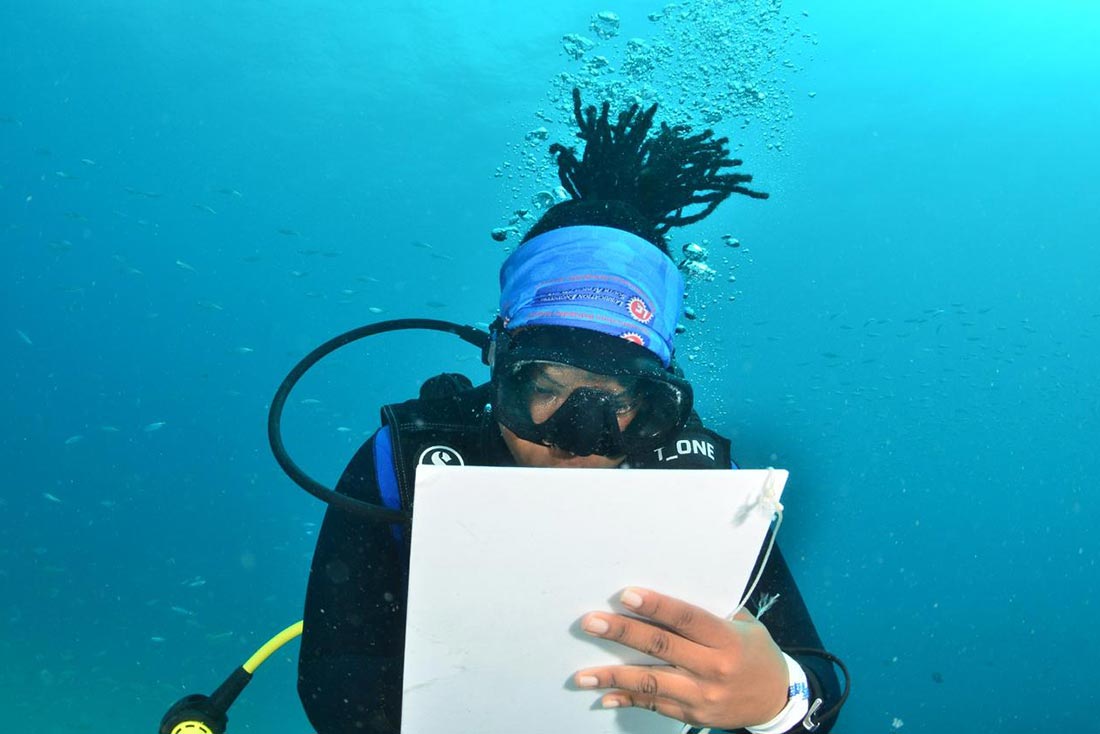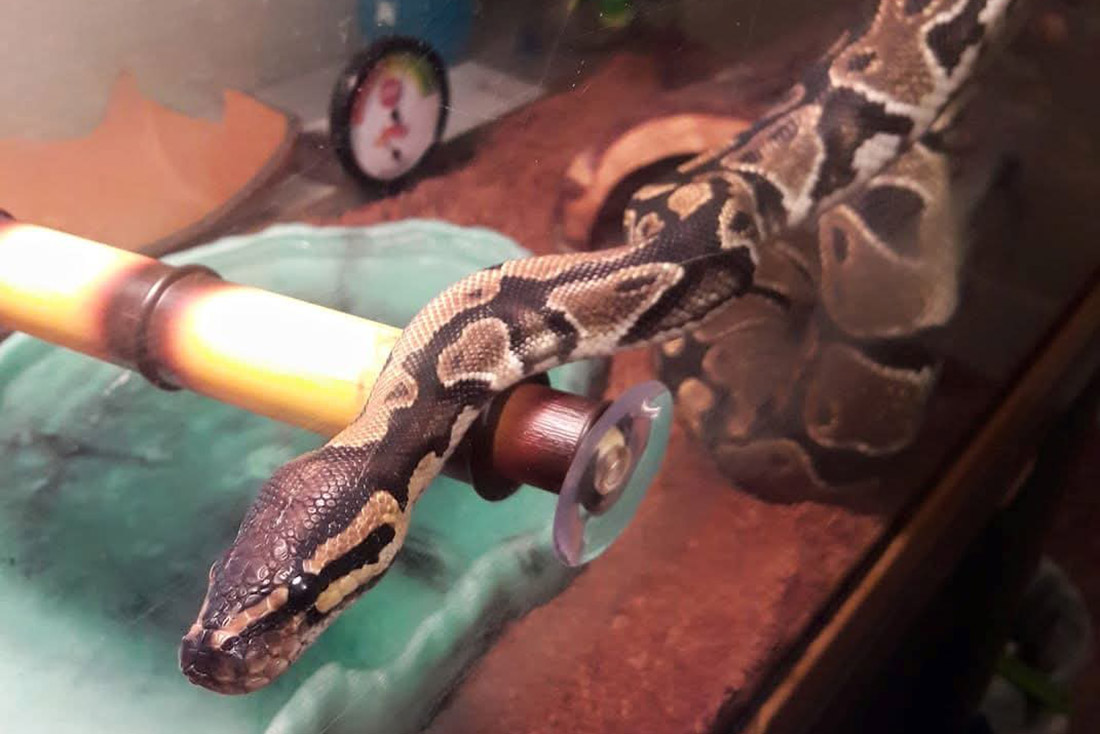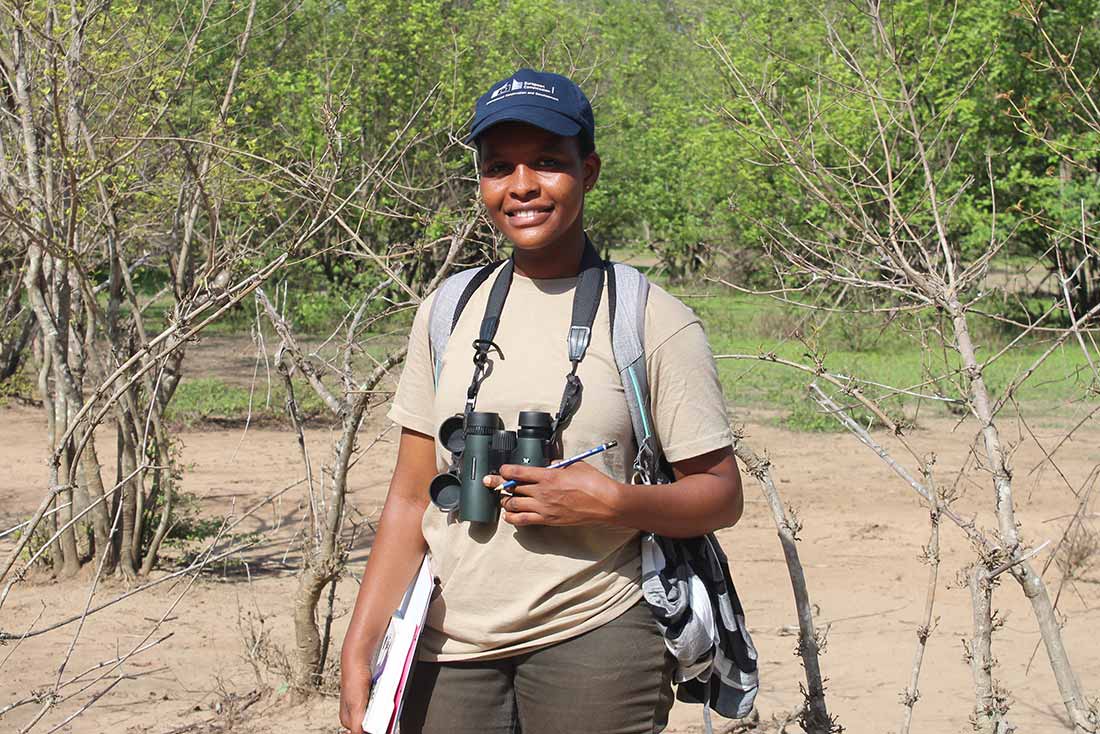Suffice it to say, Morgan Maly is dedicated to cheetah conservation. Not only did this big-cat expert write the first, major academic paper about cheetah puberty, but she also will do whatever it takes to learn more about this endangered species. That includes patiently crouching in the grassy terrain of the Smithsonian Conservation Biology Institute’s sprawling Front Royal, Virginia campus, waiting for one of the resident cheetahs to poop. Why would she do such a thing? To collect a fecal sample, of course.
Thanks to Conservation Nation, this North Carolina State Ph.D. student is in the early stages of a project studying cheetah diets, establishing how what these cats eat critically impacts the microbes in their guts, which in turn can impact the overall health of this species in human care. The project involves the coordination of breeding centers and research institutes all over North America, as Morgan gathers dietary information and fecal samples from as many cheetahs as possible. And the project will culminate in Morgan traveling to Namibia this February to study individuals in the wild, and to gather fecal specimens—giving Morgan and other researchers valuable information about optimizing the cheetah diet that could help preserve the species.
Dr. Adrienne Crosier, cheetah curator and research biologist at the Smithsonian Conservation Biology Institute, says the project is unique in that in addition to making groundbreaking fieldwork possible, it also encompasses scientific contributions from many across the continent dedicated to saving the species.
“Cheetahs are very challenging,” she says. “We’ve got geneticists, nutritionists, pathologists—all sorts of people with amazing expertise working together.”
The team decided to plan the final wave of the project, Morgan’s expedition to Namibia, for February to coincide with ideal weather conditions. In addition to making Morgan’s trip possible, Conservation Nation also is purchasing specialized extraction kits that will allow her to study the DNA microbes found in specimens. The scientists hope their findings will allow them to prevent gastritis, a common ailment for cheetahs in human care.
Stay tuned for more information about Morgan’s progress in the months to come!








